
Latest
News
What Rock Phosphate really Rocks?
BioAgPhos vs other Rock Phosphates
Phosphorus (P) is one of the important nutrients for plant growth. It is vital for seedlings and young plants as it is a component of plant cells, essential for cell division and development of the growing tip of the plant.
But not all rock phosphate is equal.
Phosphate rock is a natural mineral and variations can occur from deposit to deposit and within single deposits. There is no standard in Australia that phosphate rock must meet to be classified as an effective fertiliser.
In the 1990’s the CSIRO performed a detailed evaluation of the effectiveness of phosphate rocks as a fertiliser, comparing and classifying several phosphate rocks from across the world.
Table 1 – The use of citric and formic solubility is common when evaluating phosphate rocks for use as a direct application fertiliser.
This table provides a guideline on reactivity, but also a comparison to alternative phosphate rocks.
* Reactivity is based on a subjective grouping based on the solubility results achieved.
BioAg’s natural solid fertiliser range is manufactured using Algerian rock phosphate. Algerian phosphate rock is known as a highly reactive rock that is suitable for use as a fertiliser in the right soil and climates. It has been analysed by independent laboratories and contains between 12.7% to 12.9% P of which 35% is extractable in dilute citric acid, 70% is extractable in dilute formic acid and approximately 6% is soluble in neutral ammonium citrate (2nd extraction).
In comparison to the phosphate rocks evaluated by CSIRO, the Algerian Rock would be considered in the range of moderately high to high reactivity. As a comparison, Duchess Rock from Queensland (tailings from the beneficiation process are sold in the market as Soft Rock or Colloidal Rock), has around 10.5% P and was rated as being of low reactivity. Therefore Algerian Rock has greater value on two fronts: 1) higher in P content; and 2) higher reactivity. A higher-grade reactive phosphate rock naturally produces a high-value phosphate fertiliser, making the BioAgPhos® range of natural solid fertilisers excellent value and highly effective.
Although phosphate rock is natural, it is used to produce synthetic P fertilisers. Solubility of P in industrial chemical P fertilisers is enhanced with the application of inorganic acids, such as sulphuric acid.
BioAg however maintains the natural nature of phosphate rock by inoculating and composting it with a proprietary phosphate digesting culture. The culture contains microbial food sources, enzymes, metabolites, and phosphate solubilising micro-organisms. It is these soil micro-organisms that play a key role in transforming organic forms of soil P into plant available forms.
The release of P from BioAgPhos occurs as plant acids decompose its mineral structure and the organic (composted) matter within BioAgPhos, into plant-available forms. 100% of the P in BioAgPhos is bio-available, with around one-third available immediately, and the balance released over the longterm based on soil conditions, length of growing season, and size of the root zone. Losses and lock-up are a hidden cost of P fertilisers but can be combatted through your choice of fertiliser. Even in the most productive soils, with high organic matter, losses of P are experienced. These losses can be due to runoff from the topsoil, leaching through the root-zone, or lock-up by soil antagonists. The sustained release of P from BioAg’s phosphate fertiliser range reduces lock up or leaching.
A comment from Mark, one of our long-time users of the BioAgPhos range in Tasmania:
“With a third of P, S and Ca immediately available and the other two-thirds sustainably and steadily released over a 2-3 year period, we’ve only needed to apply BioAg Superb® every other year, which has saved us a lot in input, storage and application costs, and importantly time.”
A clear conclusion then – it’s the BioAgPhos range that really rocks out of all the phosphate rocks!
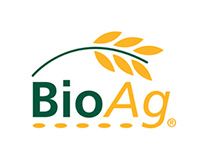
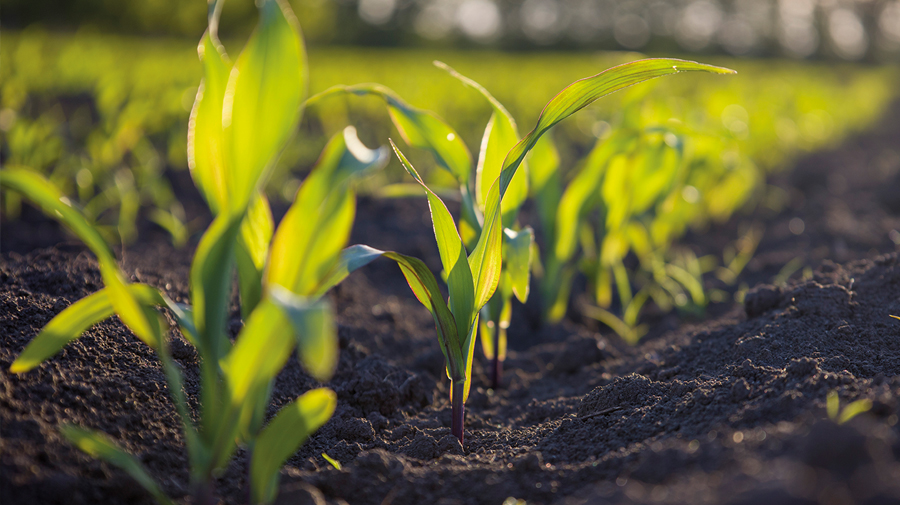
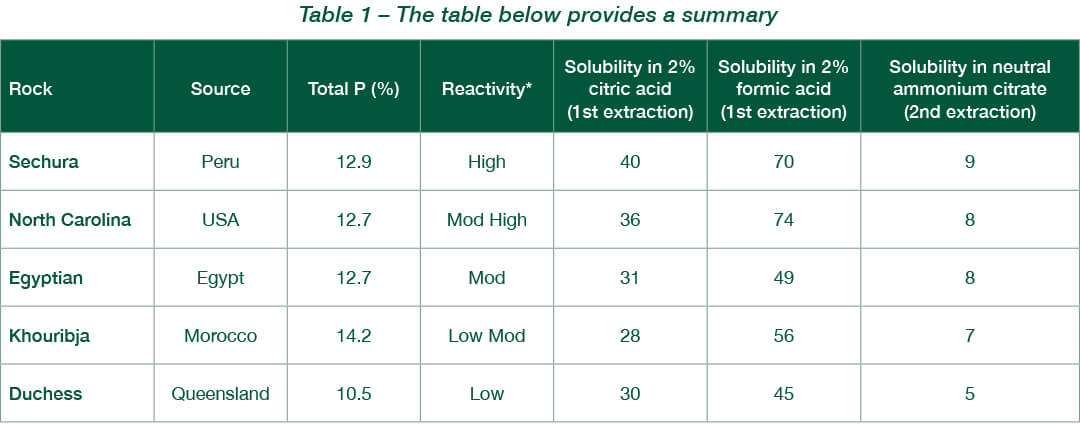
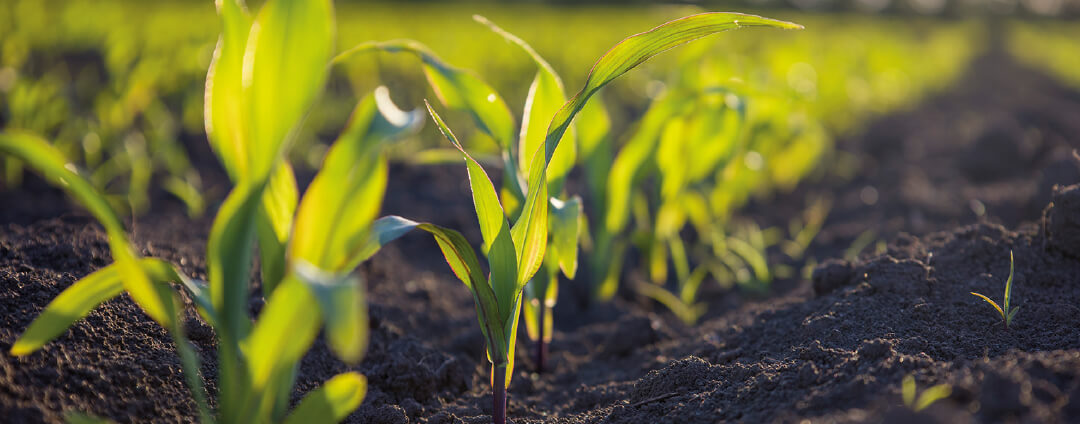
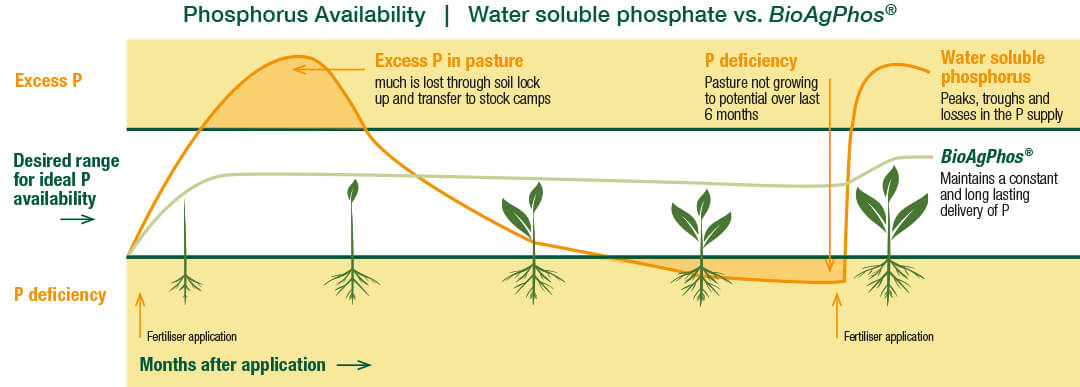
Recent Comments